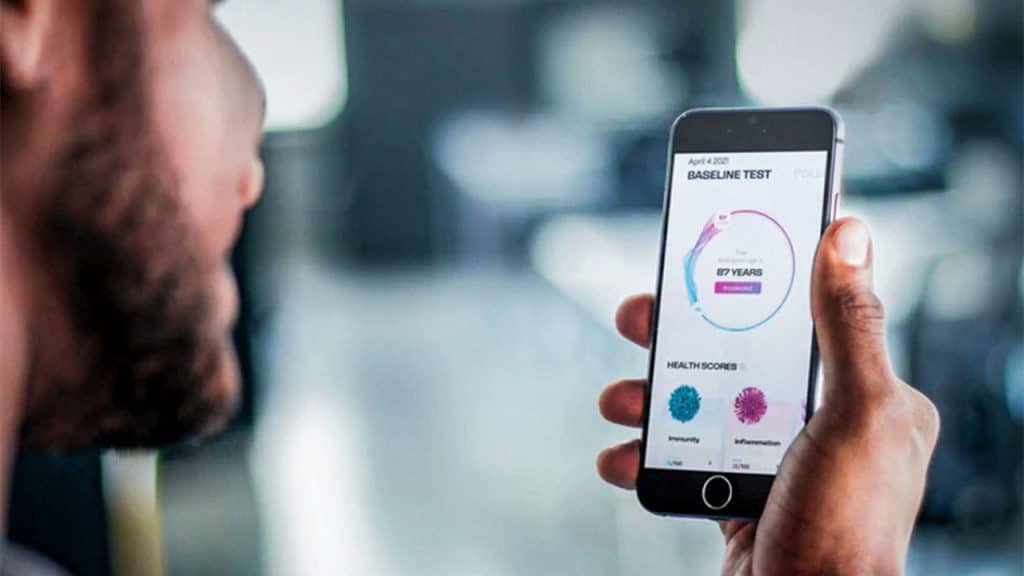There was a time when, if you wanted to know anything about your health, you had to go to the doctor and get them to run tests. In these days of apps and AI, that’s no longer the case. More and more people are taking the power to measure their biological age into their own hands, all thanks to modern digital technology (https://longevity.technology/lifestyle/biologicalage-diagnostics-agerate-and-the-rise-of-digital-health-apps/).
Calculating your biological age is about analyzing a range of biometric data and looking for the early warning signs that can be harbingers of the diseases of aging. Biological age isn’t the same as chronological age. The number of years you’ve ticked off on the calendar doesn’t necessarily reflect how old you are physically. Genetics and lifestyle factors both ensure that different people age at different rates.
A truly accurate measure of biological age needs to look at both the genetic and the environmental elements, the combination of which is generally known as epigenetics. The full list of different measures of aging is extensive and includes everything from your blood to your cells. This means that a blood test is often the important first step to biological age calculations. Something called DNA methylation is an important factor.
When you’ve taken your measurements using a blood test, the results need to be analyzed. This is where algorithms come into play. These can assess the functioning of various parts of your body (some parts age quicker than others), compare your biological age to your chronological age, and may even offer you advice on how to change your lifestyle to better mitigate the influence of aging.
It’s this ability to change your lifestyle that is one of the most important aspects of being able to calculate your biological age. You don’t know how to plan for the future until you know where you are currently. An accurate analysis of which parts of your body are feeling the effects of aging the most can help you adjust your behavior and environment accordingly, hopefully improving your longevity in the process.
Several companies are developing apps and other technologies that can provide more accurate assessments of our biological age and overall health. All you need is a phone or smart device, and you can take the first steps to controlling your own aging. No wonder digital health apps are becoming ever popular!




